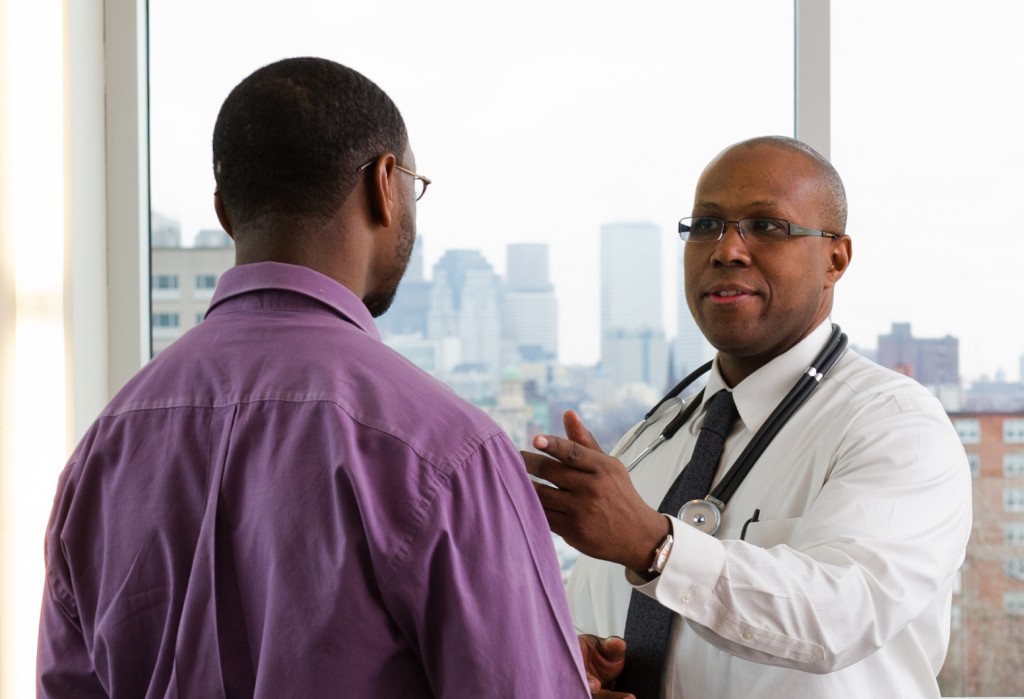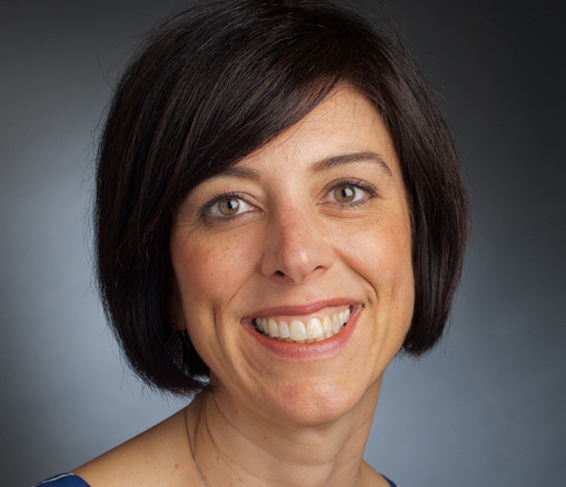Following the sudden shock and abruptness of a cancer diagnosis, a person’s initial instinct may be to begin treatment right away. However, in some instances, it can be beneficial to get a second opinion first.
These secondary consultations — which usually happen with an oncologist (or cancer doctor) at a different hospital than the one a patient originally goes to — are important. Seeking a second opinion does not mean you have to transfer your care to the expert you consult with, but it can provide peace of mind. A second consultation can even catch anything that is originally missed.
“A second oncologist may see something different, be able to offer additional options, or provide further information on your disease,” explains Ann S. LaCasce, MD, MMSc, director of the Dana-Farber/Mass General Brigham Fellowship in Hematology/Oncology and an oncologist at Dana-Farber/Brigham and Women’s Cancer Center. “Even in instances where nothing changes, it can be helpful to hear information explained by someone else.”

How do I know if I need a second opinion?
Whether or not you should receive a second opinion is a personal decision only you can make. Factors such as the nature of your disease, travel, and financial feasibility can impact this choice.
For those who are able to do so, getting a second opinion can often be a valuable and positive experience.
- Getting a second opinion can allow you to consult a specialist who truly understands and has studied your specific type of cancer. They will be able to offer advice, discuss the latest research, and review treatment plans with your specific case in mind.
- Each hospital has access to their own database of available clinical trials. Seeking a second opinion allows to learn about, and possibly enroll in, a clinical trial specific to you.
- By the time you see a second doctor, you’ve had a chance to at least somewhat process your diagnosis and prepare specific questions tailored to your disease. This additional time allows you to prepare ahead of time, weigh your options, and arrive with specific, pointed questions. If you’re still confused about what your diagnosis means, that’s OK, too. A specialist can take the time to explain your diagnosis and review available options.
- Oftentimes, the oncologist will likely agree with what you were initially told. That’s OK too. Hearing the same information can be reassuring.
You can also seek a second opinion during or in between treatments. This may be helpful if the initial treatment did not work, or your cancer has returned.
Does it ever make sense to not get a second opinion?
It is never a bad idea to get a second opinion, and only you will know if you are comfortable with the idea. However, in many instances, it can be beneficial to begin treatment right away.
Traveling to another hospital may not be feasible, you may find a care team you like and trust, or your diagnosis may be straightforward and include a clear treatment path. However, even in “straightforward,” cases it can be helpful to talk with another expert, even if it’s just for peace of mind.
It’s also important to remember that even if you decide to begin treatment immediately you can still seek a second opinion while undergoing therapy. Doing so will allow you to confirm your current plan and discuss the next steps.
How many opinions are too many?
While getting a second opinion is a valuable experience, continuously reaching out to new experts can be counterproductive. If the second oncologist agrees with the initial treatment plan, that is likely the best course of action. If the two are vastly different, then it may be wise to consult a third expert.
Ultimately, each individual needs to pick someone they trust and are comfortable with. Getting the advice of too many experts can be paralyzing, and it is important to not unnecessarily delay care.
Do doctors get offended when you get a second opinion?
You should never avoid a second opinion out of fear of offending the initial oncologist. In fact, many will not only embrace this request, but even be able to refer you to someone else. Oncologists understand this is an intimate and important decision, and they will want to make sure you find someone you believe in and are comfortable working with.
“If my patients express an interest in a second opinion, I encourage them, and will even suggest someone to see,” LaCasce notes.
How to get a second opinion
The best way to get a second opinion is often by asking the original oncologist for a referral. If you are unhappy with their suggestion, or would like to see someone else, that’s OK too. You can also do your own research to find an institution or individual you’d like to see.
Most second opinions are covered by insurance. However, if you have insurance, be sure to check with your provider first.
Many hospitals, including Dana-Farber, offer online second opinions. Dana-Farber’s Online Second Opinion program lets adult patients from around the country — and around the world — get an expert second opinion from a Dana-Farber medical oncologist without traveling to Boston.
About the Medical Reviewer

Ann LaCasce, MD, MMSc, Associate Professor of Medicine, is a lymphoma specialist and is the Director of the Dana-Farber/Mass General Brigham Fellowship in Hematology/Oncology. She serves on the Alliance Lymphoma Committee, the National Cancer Comprehensive Lymphoma Guidelines Panel and the Lymphoma Research Foundation’s Scientific Advisory Committee.

Comments are closed.